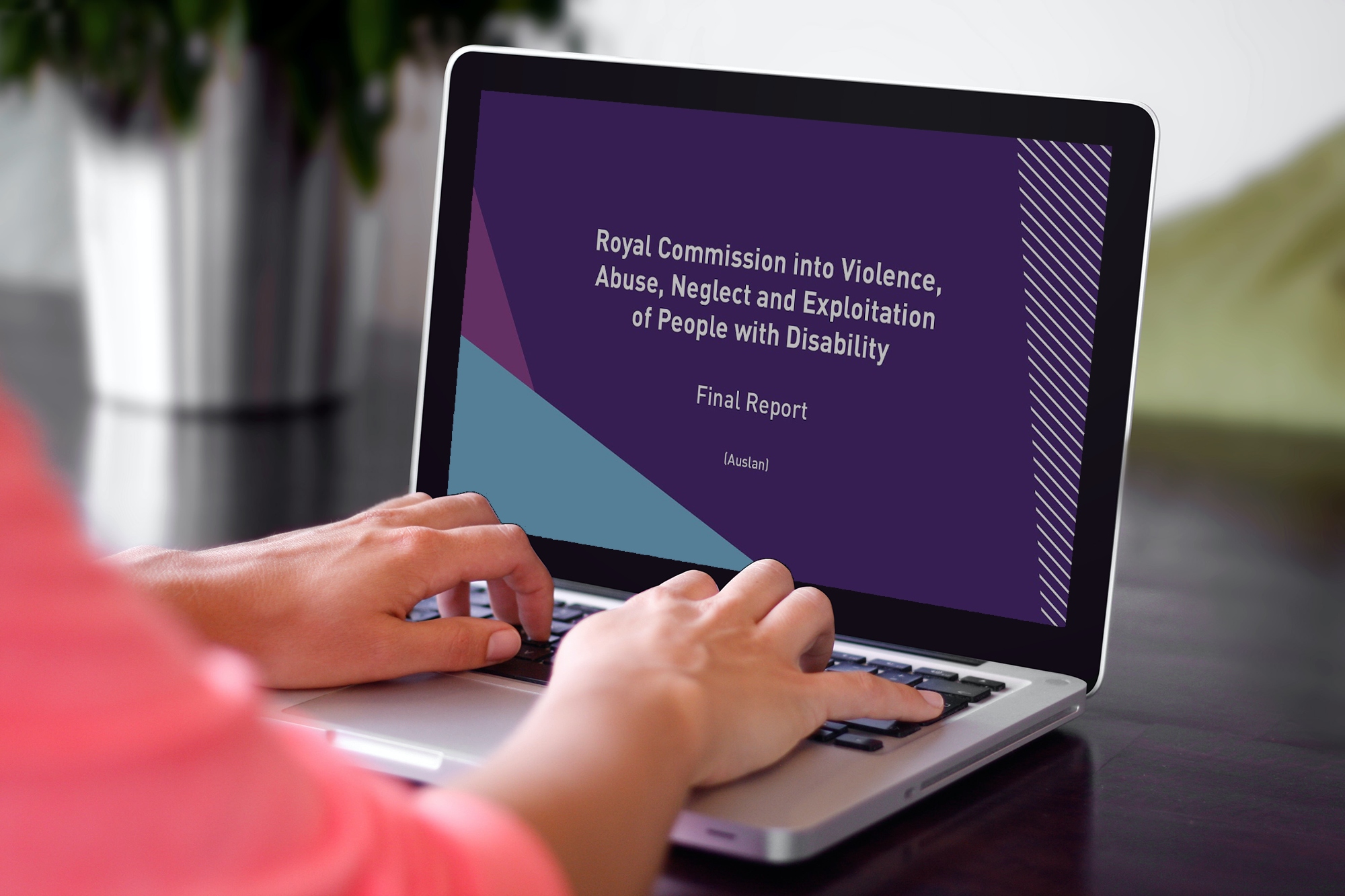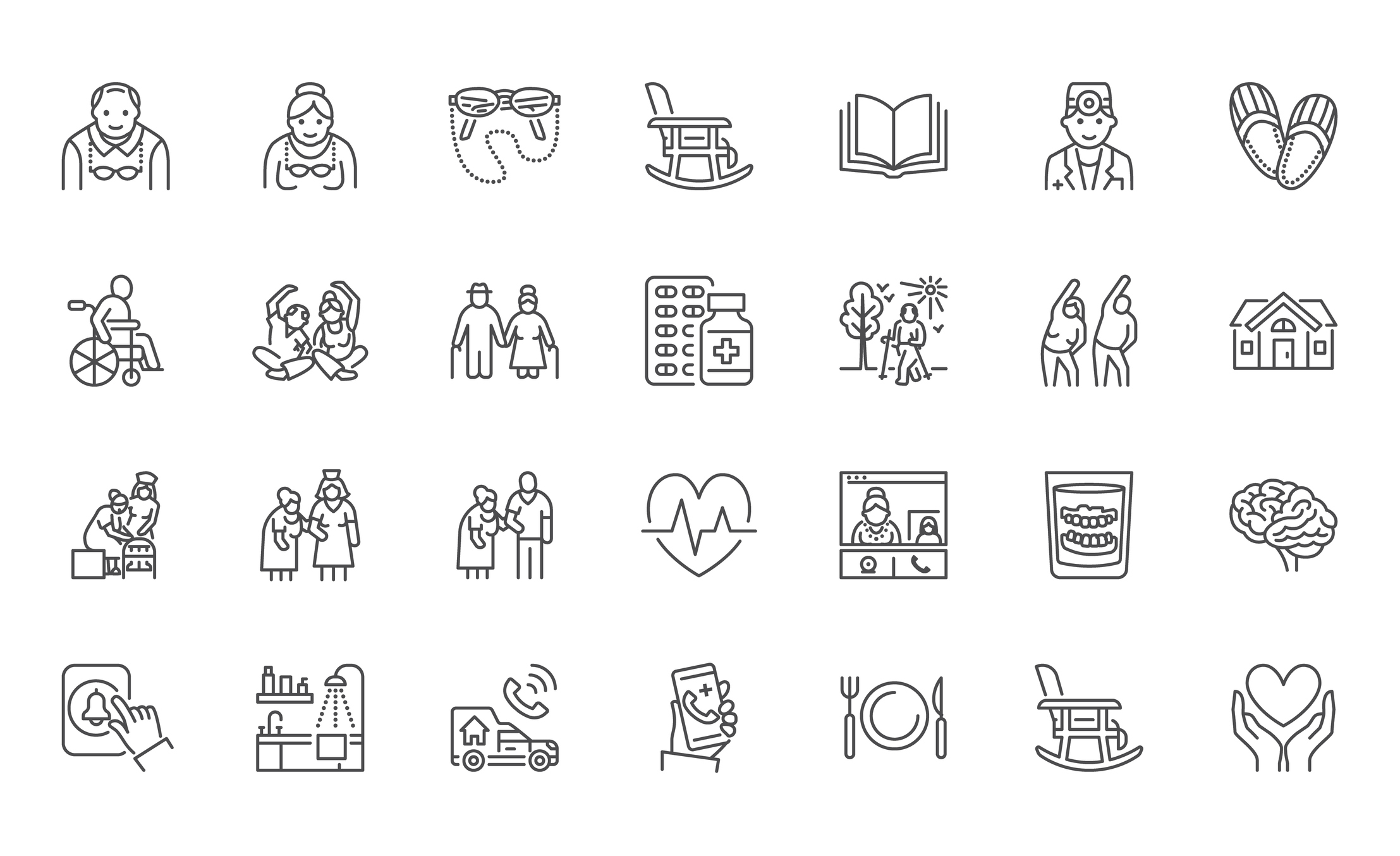From July 2023, the National Safety and Quality Health Service (NSQHS) Standards assessment procedure for accreditation of hospitals or day procedure services (Health Service Organisations, or HSOs) will be changing, with mandatory short notice accreditation assessments replacing the existing announced and voluntary assessments.
Why the change?
The move to short notice assessments is intended by the Australian Commission on Safety and Quality in Health Care (the Commission) to “support the continuous implementation of the NSQHS Standards and reduce the administrative burden of preparing for accreditation assessment”.
The new process is designed to move the focus of assessments from preparation for assessment, to assessment of day-to-day practice. It is intended to support and emphasise continuous self-assessment by HSOs of their compliance with the NSQHS Standards, as well as their implementation of continuous quality improvement strategies.
The Commission requires that HSOs have systems and processes in place to keep their self-assessment documentation up to date, and conduct reviews of their self-assessment and their compliance status at least every three months.
When will we be assessed?
Short notice accreditation assessments will occur:
- at least once within each three-year accreditation cycle;
- at least 4 months before the HSO’s accreditation expires;
- no sooner than 6 months after the previous assessment; and
- within 4 years of the previous assessment.
HSOs therefore need to be ready for an accreditation assessment at any time. HSOs may request up to 20 business days per accreditation cycle to be excluded from assessment. These are days where a short notice assessment would either directly impact the provision of the service to consumers or the consumers of the service would be unavailable.
When will we be given notice of an upcoming assessment?
The notice period for an upcoming assessment will differ depending on the HSO’s location and/or the specific services provided.
- If you are an HSO in a metropolitan, rural or regional area with public transport options, you will be given 24 hours’ notice of assessment.
- If you are an HSO in a rural or remote area with either no or restricted public transport options, you will be given 48 hours’ notice of assessment.
For some HSOs where special permissions must be sought to conduct assessment, such as services in some Aboriginal communities, fly-in fly-out services or services operating in prisons, your assessment notice may be up to 4 weeks to accommodate these requirements.
For more information, see the Commission’s fact sheet, or feel free to contact us if you have any questions about the new assessment changes.
The importance of active, continuous self-assessment
Regular self-assessment of your compliance with the NSQHS Standards will maintain a focus on identifying opportunities to improve your service delivery. It forms an important step in the cycle of active, continuous quality improvement. As well as tracking compliance with each standard, your self-assessment process should also incorporate improvement opportunities that you identify through consumers’ feedback and complaints, and also from any incidents or near misses that occur.
Ideally, your streamlined self-assessment system should include:
- A chronological record of all the compliance gaps and improvement opportunities you identify, and when you’ve addressed them;
- The ability to collaborate on and track improvements, including by assigning responsibility for certain tasks to team members;
- A compliance status report that you can generate at any point in time; and
- The ability to store and link documentary evidence of your compliance with each standard (for example, relevant policies and procedures that are implemented across your organisation).
How SPP can help
Our NSQHS self-assessment modules allow providers to understand the requirements of the Standards in detail, collate all identified improvement opportunities through an individually curated action plan, and review and report on their compliance status at any time.
They also provide a helpful way to link relevant evidence against each standard, streamlining the self-assessment process and ensuring that your evidence of compliance is kept up to date.
SPP also has self-assessments for other standards within the National Safety and Quality family, including for:
- Digital Mental Health,
- Mental Health for Community Managed Organisations, and
- Primary and Community Healthcare.
In addition, SPP provides a deep pool of resources in our Reading Room (such as policy templates and info sheets) covering all aspects of organisational good governance to help HSOs work towards best practice.
You can find our NSQHS Standards self-assessments in SPP by searching for ‘NSQHS’ in the Standards tab or under the ‘Australian National Standards’ subheading in that same tab.
Looking for NSQHS resources?
Sign up for a free trial of SPP.


